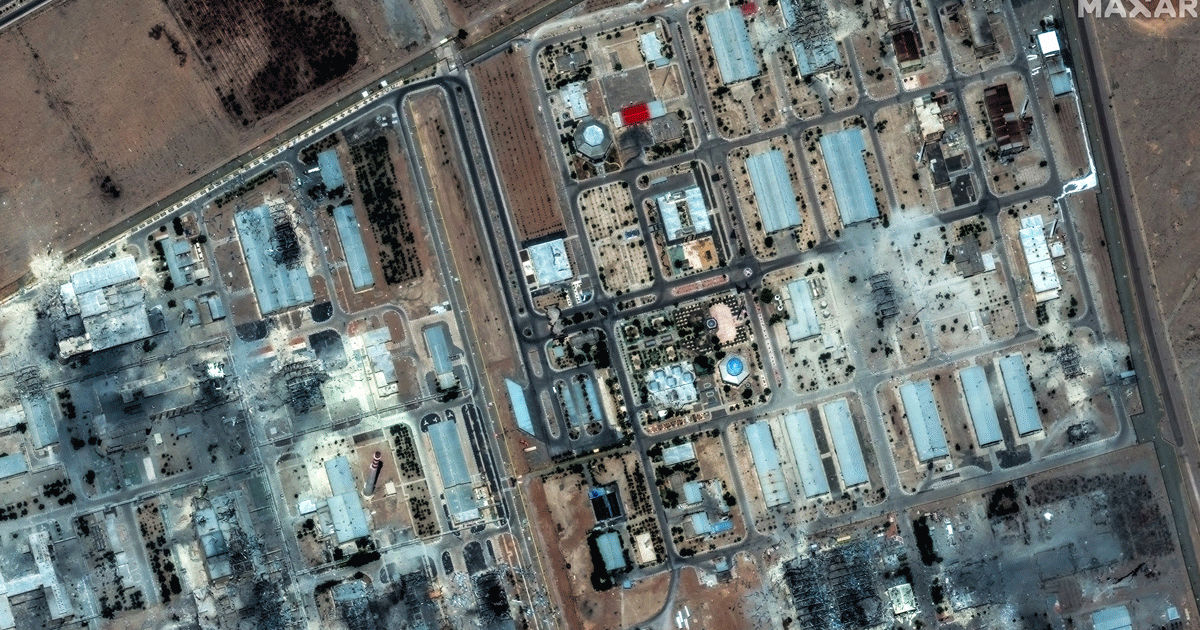U.S. Airstrike on Iranian Nuclear Sites: Mixed Results
Recent evaluations reveal that a U.S. airstrike last month significantly damaged one Iranian nuclear enrichment site, while two others remain operational and could resume enrichment soon.
Subscribe to unlock this story
We really don't like cutting you off, but you've reached your monthly limit. At just $5/month, subscriptions are how we keep this project going. Start your free 7-day trial today!
Get StartedHave an account? Sign in
Overview
- A U.S. airstrike targeted Iranian nuclear sites last month, aiming to curb nuclear capabilities.
- One enrichment site was mostly destroyed, impacting Iran's nuclear program significantly.
- Two other sites sustained less damage and may resume enrichment activities in the coming months.
- The assessments highlight the complexities of military interventions in nuclear proliferation.
- The situation raises concerns about regional security and the effectiveness of military strategies.
Report issue

Read both sides in 5 minutes each day
Analysis
Center-leaning sources frame the stories by consistently highlighting information that casts doubt on Trump's claims or actions, emphasizing potential negative consequences of policies, and using emotionally charged language. They often juxtapose official statements with 'nuanced realities' or negative outcomes, and connect seemingly disparate events to broader political narratives.
Articles (3)
Center (1)
FAQ
The U.S. airstrike operation was called Operation Midnight Hammer and included seven B-2 Spirit bombers, 125 total aircraft, and over 75 precision-guided weapons, marking the largest B-2 operational strike in U.S. history.
The targeted facilities were the Fordow Uranium Enrichment Plant, the Natanz Nuclear Facility, and the Isfahan Nuclear Technology Center. The U.S. used fourteen GBU-57A/B Massive Ordnance Penetrator bunker buster bombs delivered by B-2 stealth bombers and Tomahawk missiles launched from a submarine.
One enrichment site was mostly destroyed, significantly impacting Iran's nuclear program, while two others sustained less damage and are likely to resume enrichment activities soon.
UN Secretary-General António Guterres condemned the strikes as a dangerous escalation threatening international peace and security; Iran reported severe damage but had yet to confirm full extent. The U.S. president called it a spectacular success and urged Iran to return to negotiations.
The strike raised concerns about regional security instability and highlighted the challenges and limitations of military interventions aimed at curbing nuclear proliferation, with risks of further escalation between involved parties.
History
- This story does not have any previous versions.


